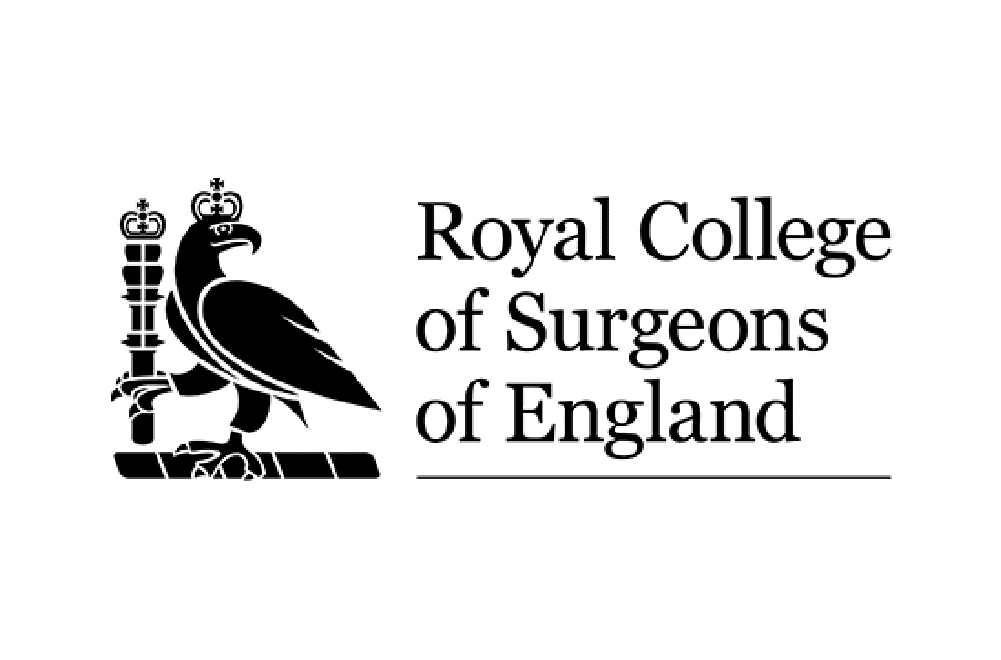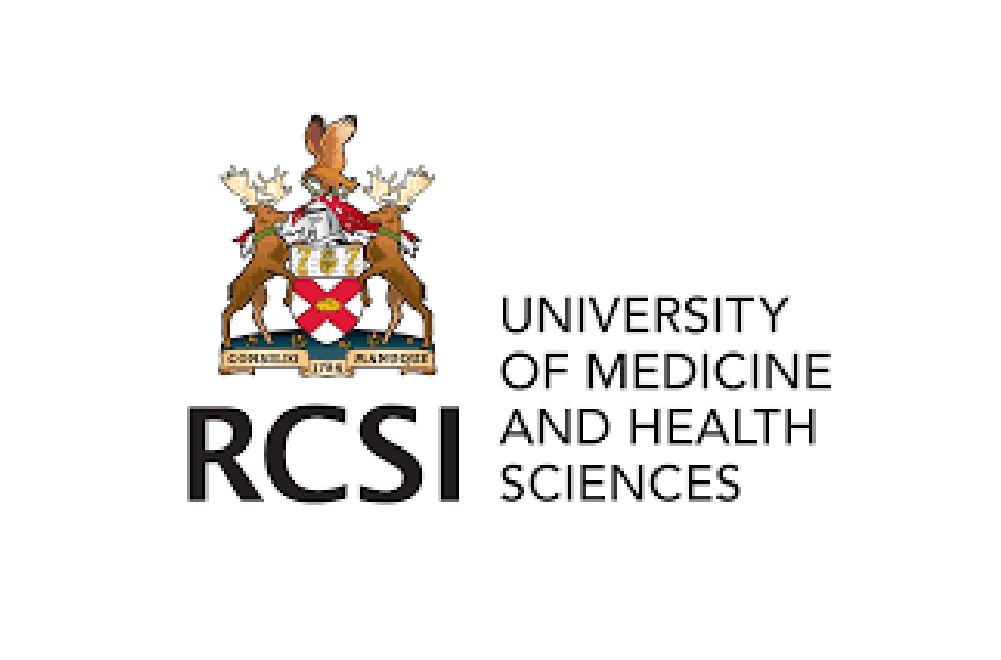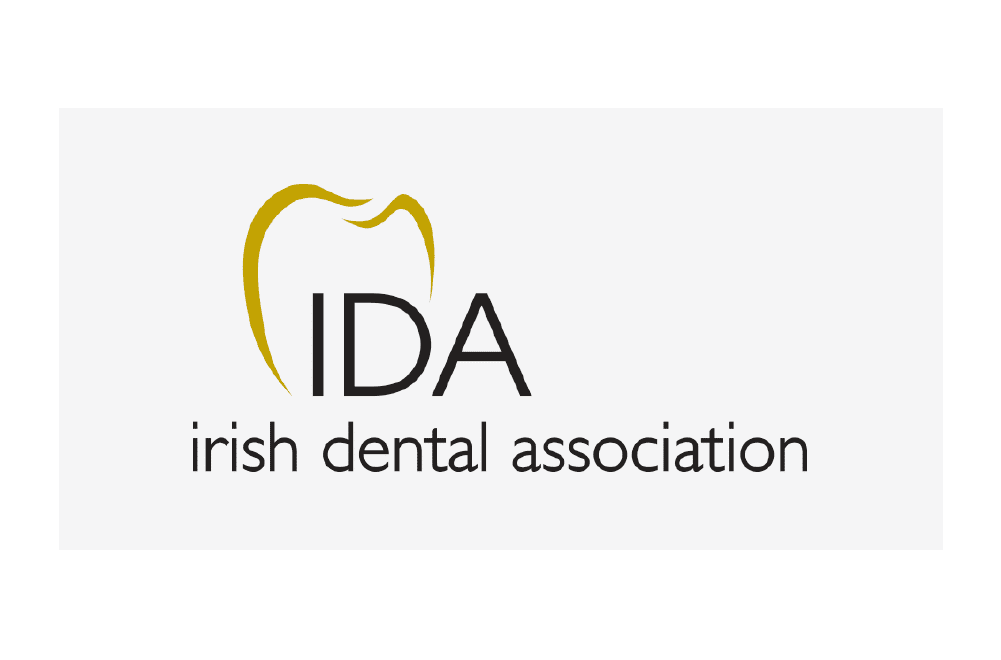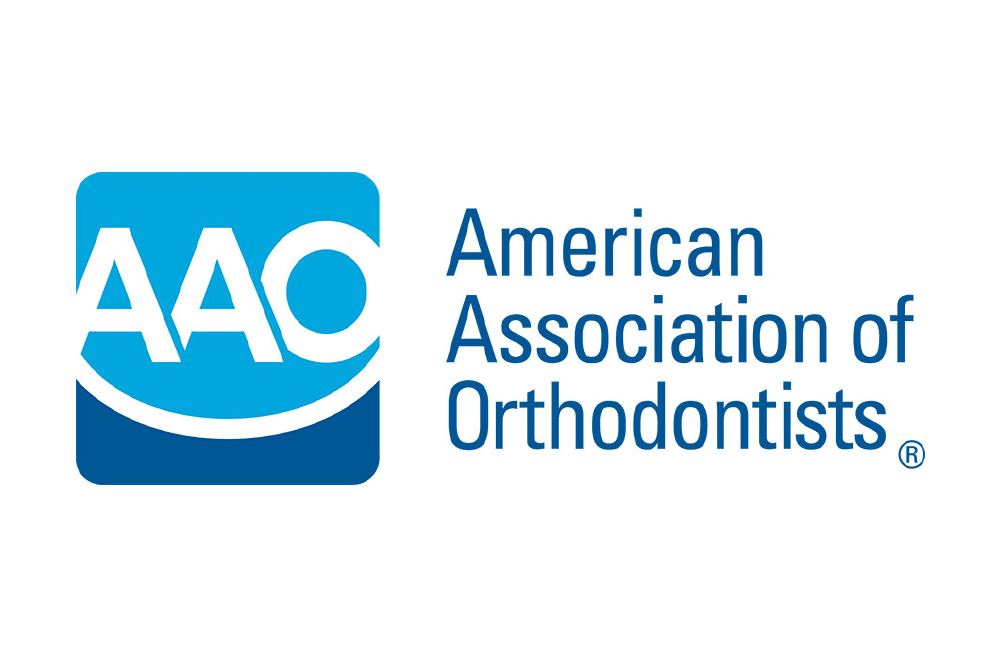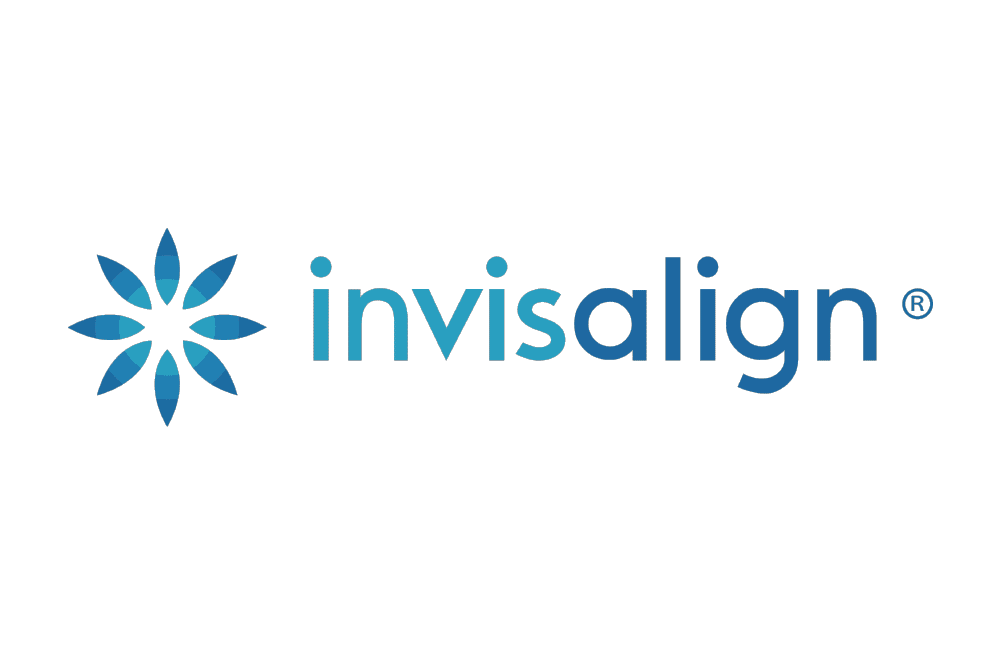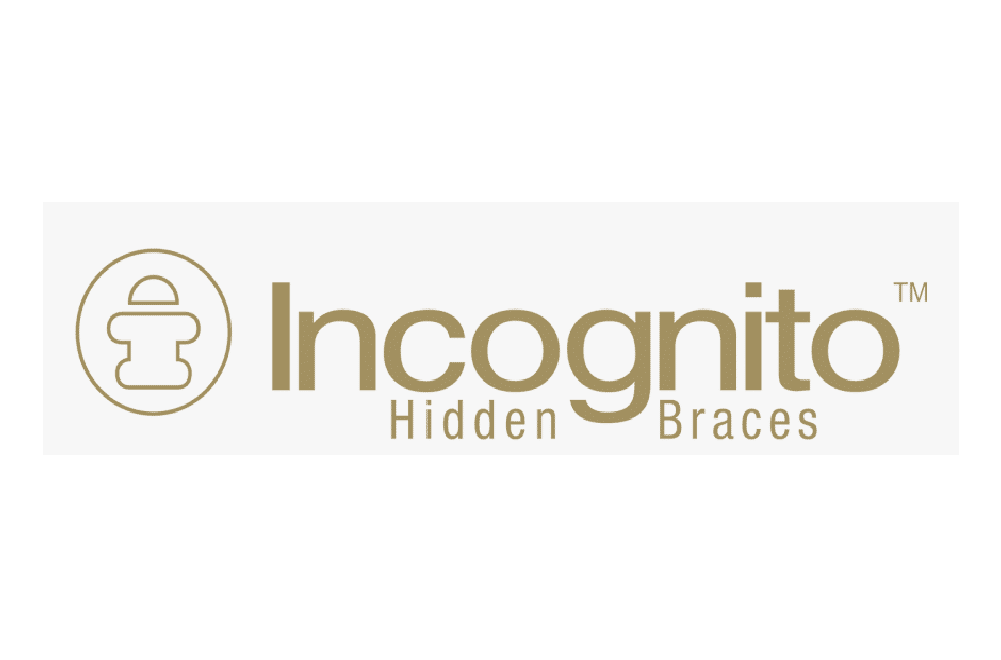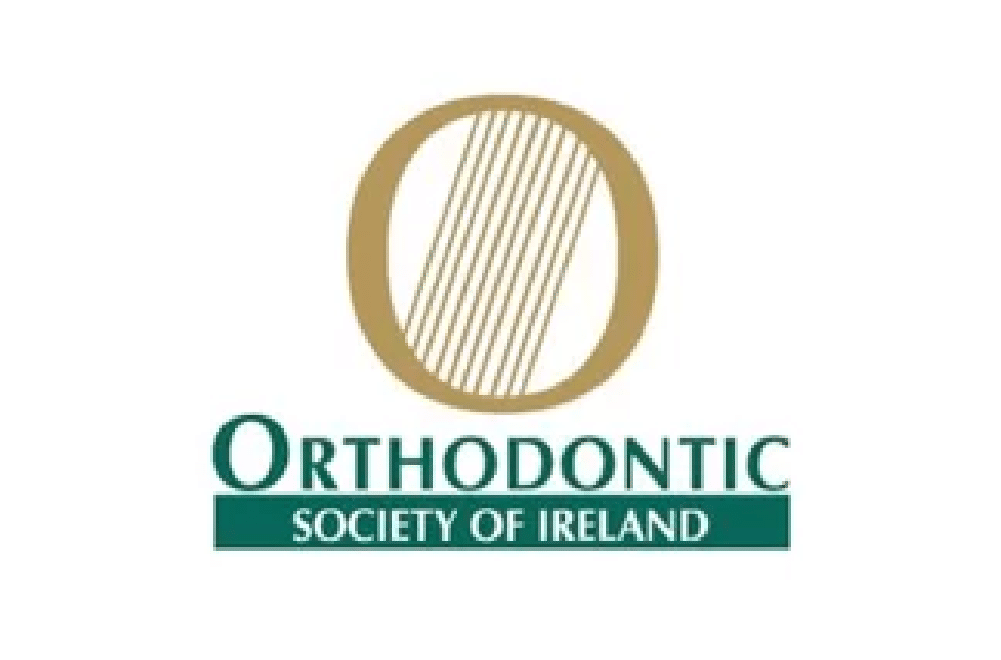Orthodontics is the specialised branch of dentistry that deals with the diagnosis and treatment of problems caused by poor alignment of the teeth and jaws. An orthodontist is a qualified dentist who has completed a further 3 years full time orthodontic training on a specialist training programme that is recognised by the Dental Council.
On your first visit a full orthodontic examination is performed and records such as photographs, radiographs and study models are taken. A detailed analysis of your records is carried out to devise the best treatment plan for you. Your treatment options will then be discussed. A second visit may be required to discuss your options further.
Orthodontics can be carried out on both adults and children with healthy teeth and gums.
You do not need to be referred by a dentist, however, if you have not seen your dentist for some time, we recommend that you have a check visit before attending for an orthodontic assessment.
We like to see children for the first time at the age of 10 or 11 before their growth spurt, even if there are baby teeth still present. At this age all treatment options are available and some patients may require ‘growth modification’ to correct bite discrepancies. If this is not required, treatment is often postponed until 12-13 years of age when all the adult teeth have erupted. There are some occasions when treatment needs to be started before 10 years of age- your dentist will refer you if early intervention is required.
Fixed braces will not affect your speech. Removable and functional braces, which are sometimes used in children, may take a while to get used to. After an initial period of a few days, the speech will return to normal.
This will depend on whether one or both dental arches are treated, the severity of the problem and the type of brace chosen. These factors are determined at your consultation visit, after which you will be given a full quotation. The fee is normally paid over the treatment period, usually with a deposit to begin with and then monthly payments. 20% of the treatment fee may be claimed against your income tax with a Med 2 form.
Treatment times vary depending of the severity of the case, however, in general, a course of fixed appliance treatment takes 18-24 months. Other types of treatment may be shorter in duration.
Modern techniques allow us to treat more cases without extracting permanent teeth. However, some patients still require extractions to achieve the best orthodontic result.
The placement of fixed braces is a painless procedure, however, for the first few days your teeth and gums may be tender. Over the counter painkillers can help if required.
After you begin your orthodontic treatment, you will need to come and see us every 6-8 weeks for an adjustment.
Full instructions on the necessary oral hygiene techniques are given when we fit your braces.
You can eat as normal but we advise you to avoid hard and sticky foods that may damage your appliances.
Yes, we recommend you see your dentist for 6 monthly check visits during your orthodontic treatment.
Yes, but be sure to wear a mouthguard to protect your teeth and appliances. Please ask at reception if you wish to have a custom made mouthguard fabricated for the duration of your treatment.
